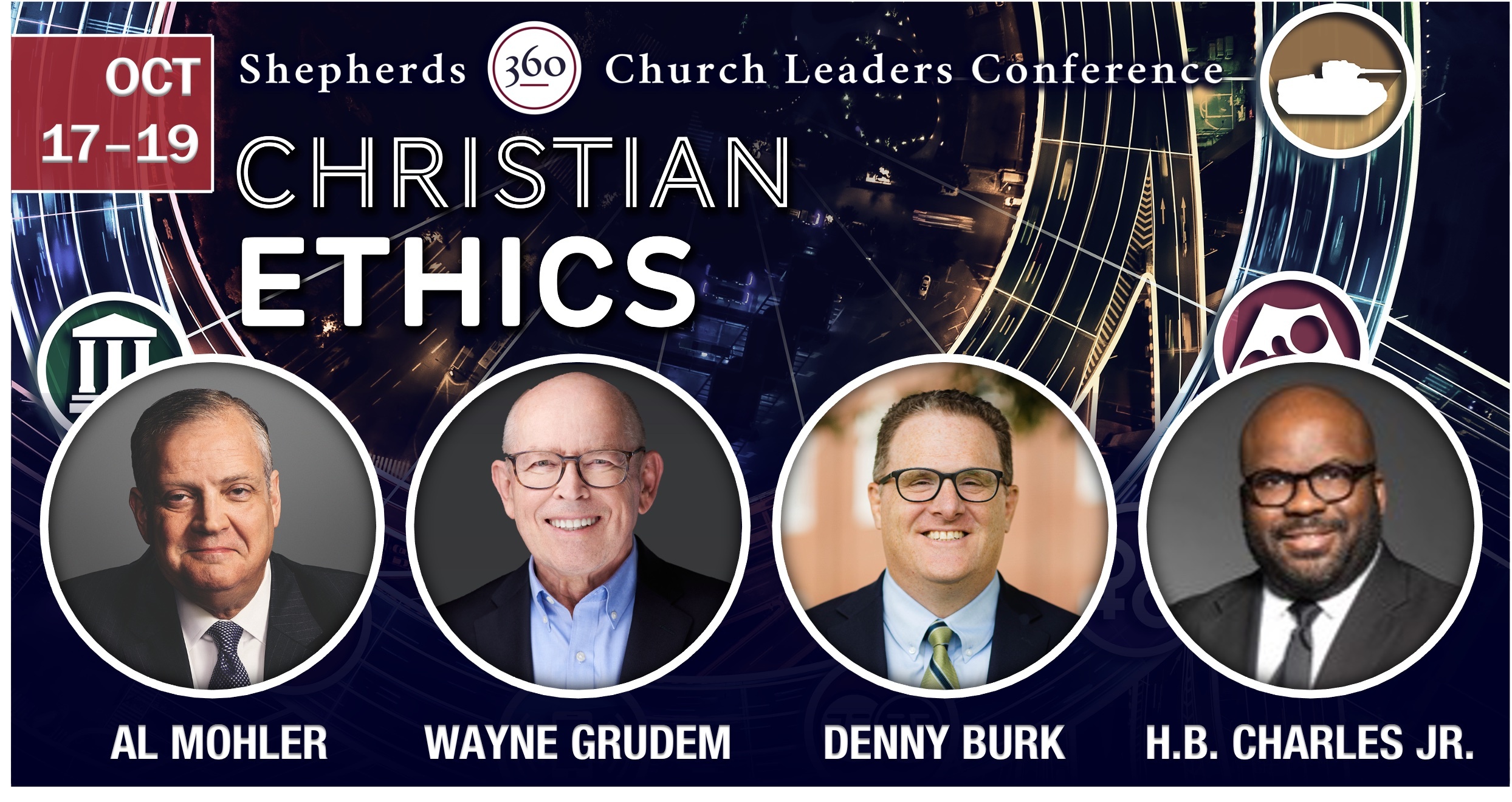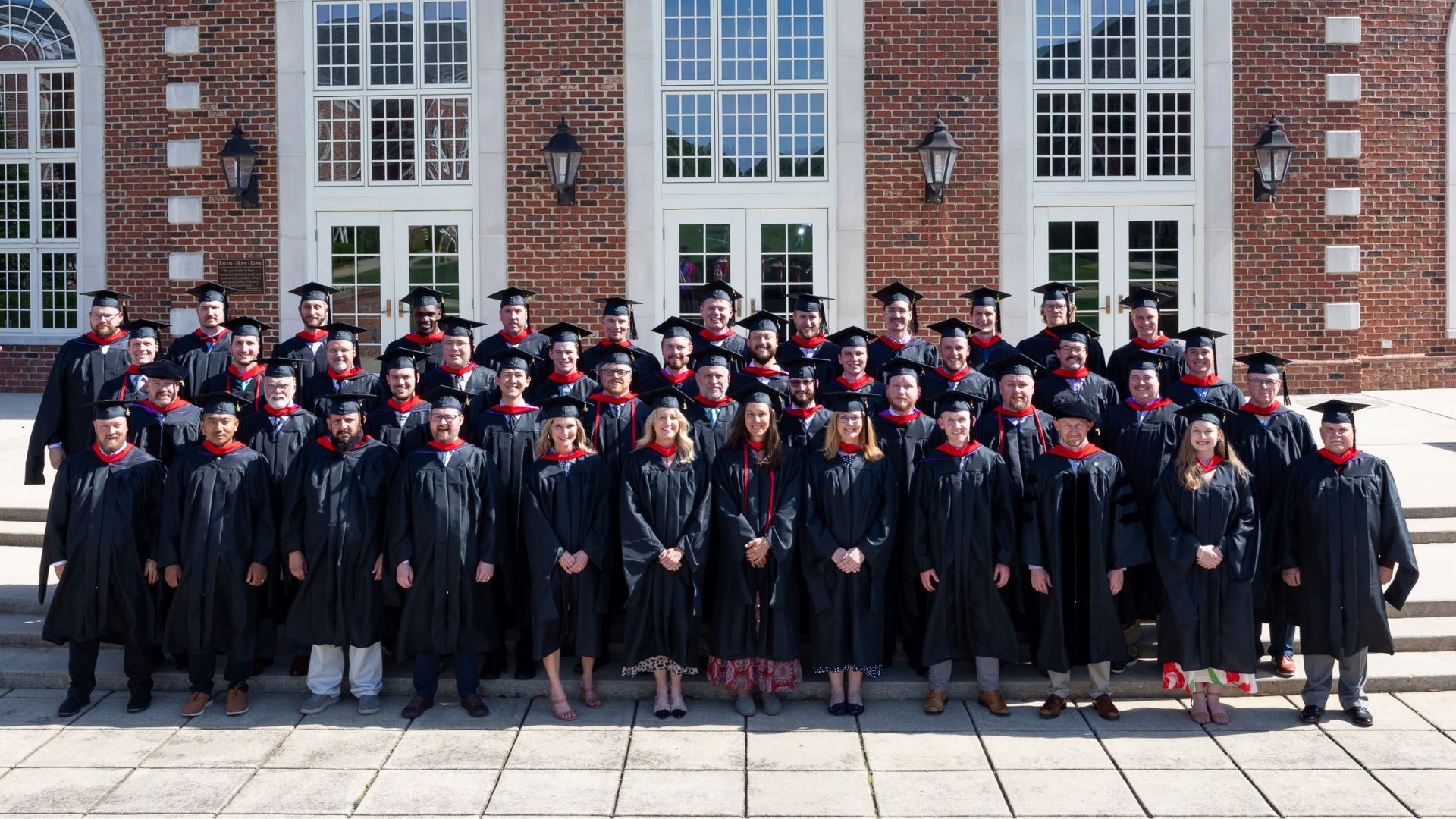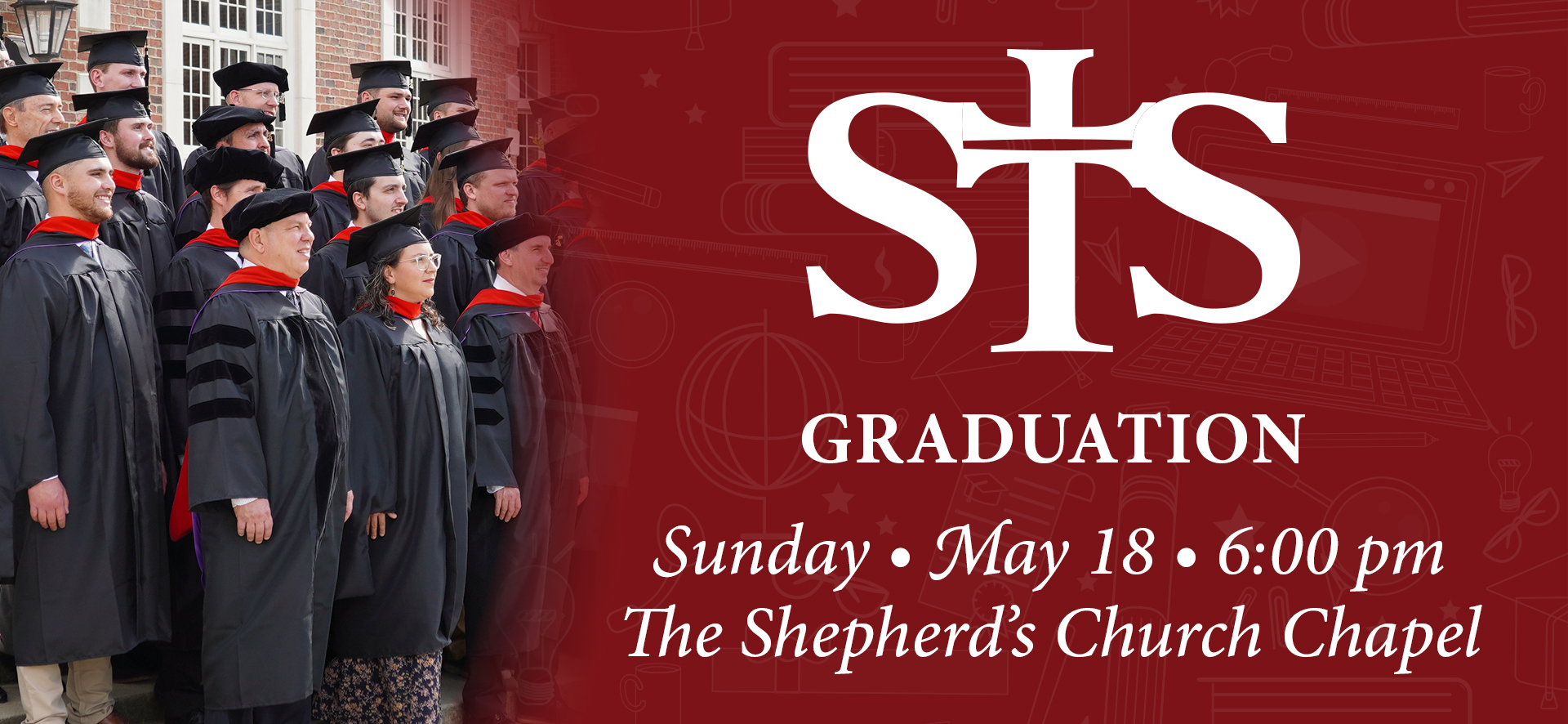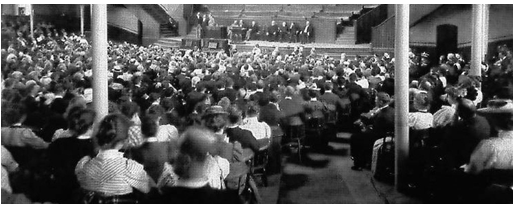By Doug Bookman
I was once asked by a good friend of mine whether Jesus’ miracles demonstrated that He was the ultimate fulfillment of Deut 18:15. I was prompted to organize some thoughts with reference to this passage, and specifically to the issue of what God meant by the phrase “like [Moses]” in 18:15 & 18.
I would very much concur that Jesus was indeed the ultimate fulfillment of Deut 18:15-20, but I don’t believe He was the sole fulfillment of that promise. Those verses are part of Moses’ reply to the very reasonable concern of the people after he prohibited them from employing pagan soothsayers in the land to which they were going. That generation of Israelites had never been without Moses as their leader and as God’s voice to them. But now that he was to be taken, how were they to know God’s purposes?
The answer is that God would raise up a prophetic voice whenever they needed to hear from Him. That is, the standard way in which God would reveal Himself to His people was through a prophet, and that prophet would be “like” Moses (vv. 15 & 18). Thus the promise is primarily generic. The term “a prophet” in Deut 18:15-20 does not refer in the first instance to any specific prophet; it is a promise that God would not leave them without a prophetic voice when He had a message they needed to hear, and thus they would have no excuse when they chose to go to the ear-tickling soothsayers (cf. 2 Kgs 1:1-3).
But what is meant by the twice repeated assurance that the promised prophet would be “like” Moses (vv. 15 & 18)? It is my persuasion that God’s point in that phrase (“like unto me/you” referring in both instances to Moses) is quite narrow but unspeakably important: God is promising that just as He vindicated Moses’ claim to be a prophet by means of miracles (see also Ex 4:1-9), so He would vindicate those prophets whom He called in days to come.
Later prophets were not “like Moses” in dignity, in the strategic role they would play in Israel’s history, in the magnitude and number of miracles they wrought, in the world-wide notoriety which accrued to them, or in the measure of intimacy which they had personally enjoyed with Yahweh. But throughout Scripture the way in which God vindicates a man’s claim to be a divine spokesman is by means of miracles (Ex 4:1-9; Jos 3:7;1 Sam 12:16-18; Jn 3:2; Ac 2:22; 2 Cor 12:12; Heb 2:3,4).
What About Prophets Who Didn’t Perform Miracles?
It is my persuasion that the prophets all performed miracles (of the first order!); indeed, it was by means of objective and undeniable miracle-signs that their authority was established. However, I do realize that we have no record of miracles in the lives of many of the prophets. But we also have virtually no biographical narrative of their lives whatsoever. Thus, the fact that miracles are not recorded is not compelling evidence that miracles were not performed.
On the other hand, when the biblical record does include biographical data, miracles often play a very important role in the prophet’s life. Furthermore, I know of no other explanation for the fact that the authority of the prophets was so immediately recognized by their contemporaries, even in those cases when the prophet and his message were much despised.
What About Other Signs of a Prophet?
The Scriptures are clear that miracle-signs are not the only test of a man’s claim to be a prophet. I would argue that those miracle-signs are the only positive qualifier, but that there are several negative disqualifiers to be found in Scripture (e.g., a message inconsistent with that which God had earlier revealed, the use of oracular devices, speaking in the name of gods other than Yahweh). Further, if one of those negative disqualifiers was discovered in the life of a man able to do sign-miracles, it negated the vindicating force of the miracles and demonstrated the man to be a false prophet, worthy of death (Deut 13:1-5).
This is the force of Deut 18:20-22, which speaks not of qualifying a prophetic claimant, but of disqualifying him. Predictive prophecies would not suffice as the sole, or even primary, means of vindication, but they would function as one of those disqualifiers. This plays out specifically in the contest between Jeremiah and Hannaniah in Jer 28. (Note especially the abrupt finality of 28:17.)
I would summarize the force of Deut 18:15-22 as follows:
In light of God’s restriction against any consort with the pagan magicians of Canaan, be assured that God will raise up a prophet when He has a revelatory message to communicate, and that that prophet will in every case be like Moses in this particular – he will demonstrate his claim to be a prophet by means of sign-miracles. You are to heed the voice of that prophet as you would heed the voice of God Himself, because that prophet is speaking words given him by God. God will hold you accountable if you do not heed His word spoken through His prophets. On the other hand, the prophet who foretells that which does not occur is to be rejected, no matter his ability to do miracles. Thus will God provide Himself a means of speaking with authority and assurance to His people, and of disqualifying that prophet who by reason of carelessness or apostasy squanders the goodness of God and disqualifies himself for the office of prophet.
Yes the Ultimate, But Not the Sole Fulfillment
I would concur that Jesus was the apogee of the succession of prophets, that their ministries and messages ultimately focused on Messiah, and thus that Jesus of Nazareth, the very Word of God, was the ultimate fulfillment of the promise of Deut 18:15-18. But if He is the sole fulfillment, if Moses meant nothing more than that in 1400 years God was going to raise up another prophet “like unto Moses,” then the concern being addressed in the historical context of Deut 18 is left entirely unaddressed; the generation faced with the dilemma of losing Moses on the one hand and being denied access to pagan religious practitioners on the other are given no help whatever. Further, the means by which the false prophet can be disqualified in 18:20-22 must also refer to Christ, which is certainly problematic. And finally, there is disturbing dissonance between the argument of Hebrews that Jesus is “better than Moses” and the promise of Deuteronomy that God would raise up this prophet who was gloriously to be identified as “like unto Moses.”









